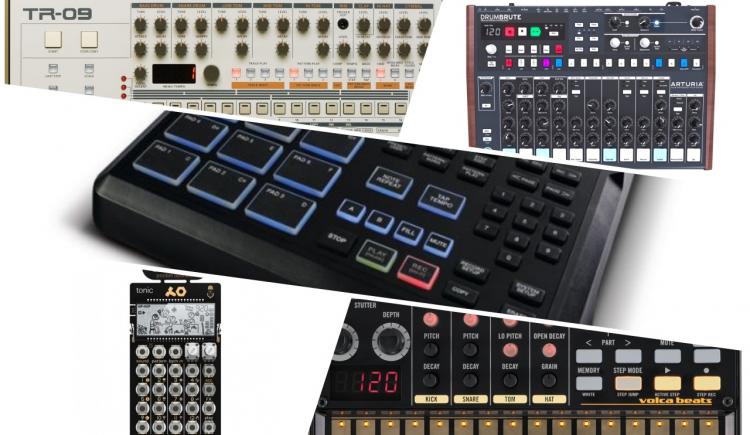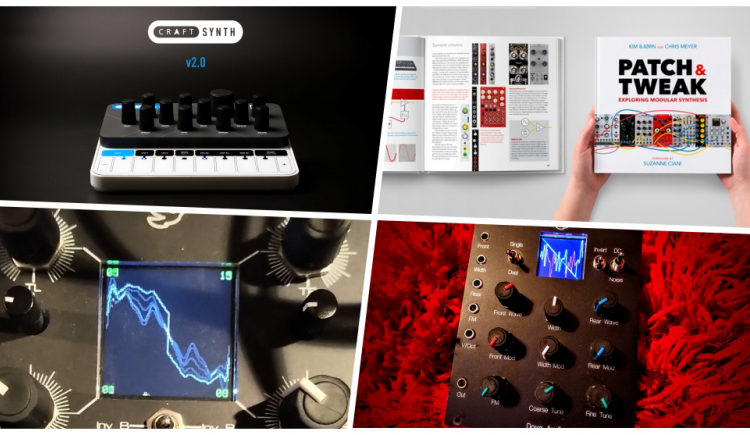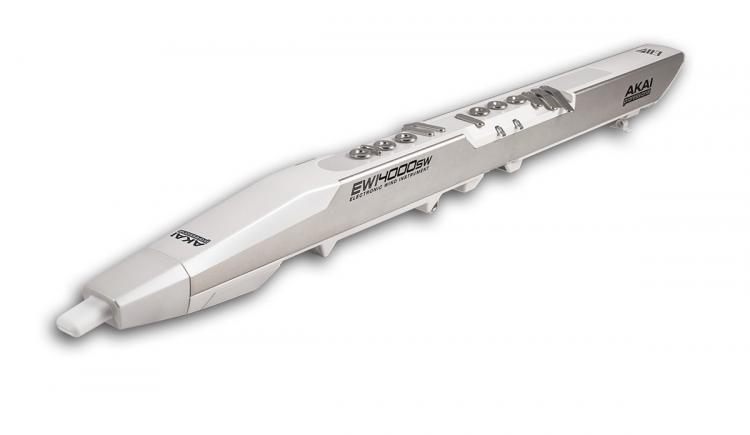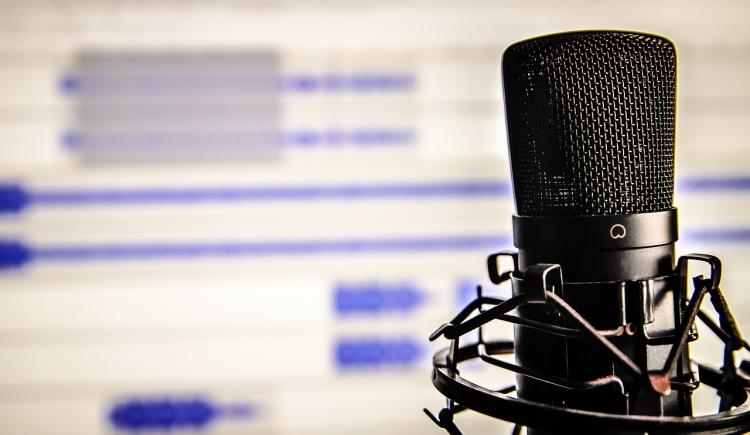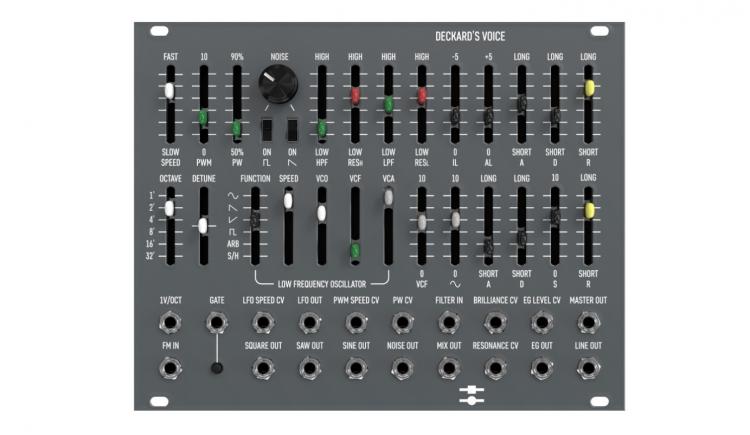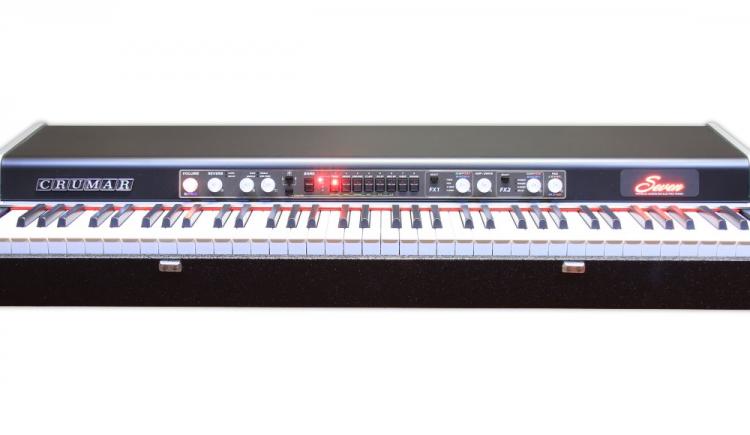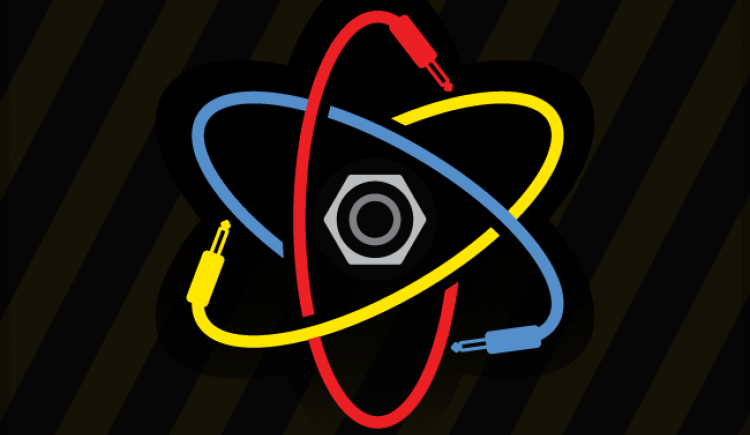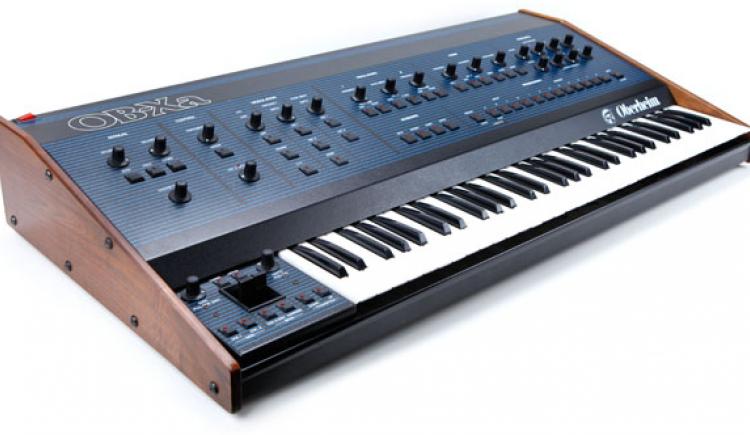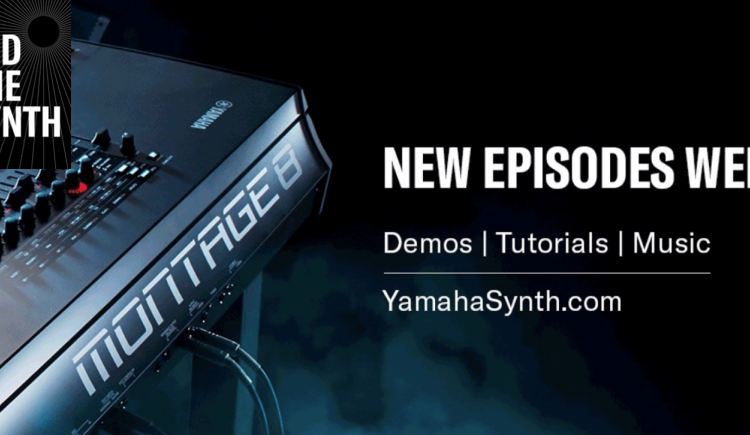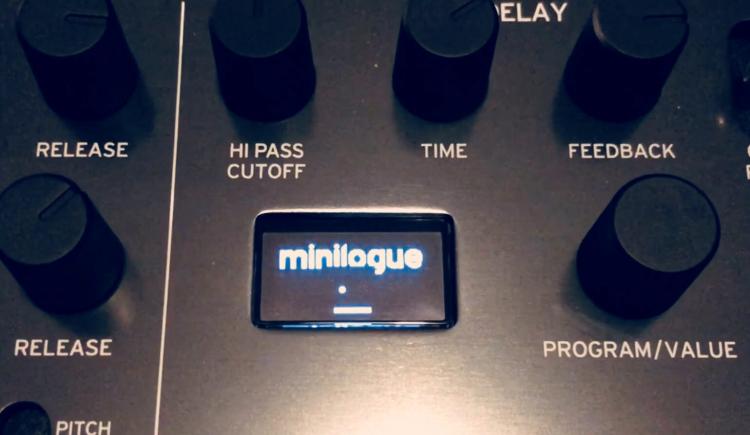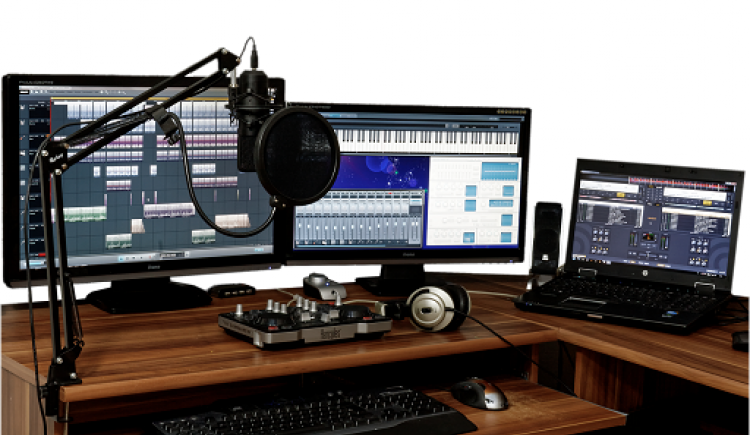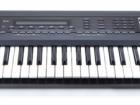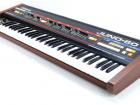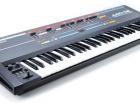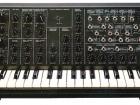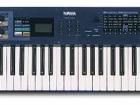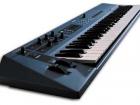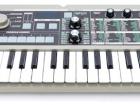These days there is very little that drum machines can do that a decent DAW workstation with the right plug-ins can't replicate. However, the importance of hardware drum machines cannot be understated.
With the vast amount of samples that are available online, many of which are free, it might appear pointless to go out and create your own. However, there is nothing quite like building up your own unique library of samples to use in your music.
There has been a couple of exciting announcements in the synth community lately, from classic manufacturers entering the market again to famous brands being restored to their creators.
The word "synthesizer" usually conjures up images of a complicated mess of wires, knobs, dials, sliders, buttons, and switches. While this is true for the most part, especially when it comes to vintage synthesizers, it is by no means the only way synths look.
Adding vocals to your mix can turn an ordinary tune into something special, depending on the genre of music that you are creating. However, not everyone can sing or have access to someone who can provide them with vocals.
There are a lot of good reasons to own a vintage synthesizer, but unfortunately, there are also a couple of downsides. One of them is the fact that there is a good chance of something going wrong with it sooner or later, which might require you to attempt a repair.
Synth enthusiasts who follow Black Corporation on Instagram will already know that they announced Deckard's Voice; a Eurorack version of their Deckard's Dream.
Some interesting has news emerged from Crumar earlier this month when the brand posted on its Facebook page that the time has come for its first synthesizer. Of course, Crumar were no strangers to synthesizers during the seventies and eighties with the release of the Crumar Spirit Synthesizer.
Cherry Audio is holding their "Year One Celebration" until the 31st of August 2019 and is offering their Voltage Modular Nucleus free during this period.
If you spend a lot of time using synthesizers or researching them online in order to decide on your next purchase, then you tend to notice them immediately if they pop up somewhere in a film or television show.
Fans of Oberheim will know that it's been more than thirty years since the original creator, Tom Oberheim, has been without the brand. Although Tom developed some great gear in the 1970s and 1980s, the brand ended up in the possession of Gibson in 1988.
Ableton is not the only brand that recently started educating fans and synth enthusiast more about the hobby.
Ableton, the Berlin-based company behind Ableton Live and Ableton Push, has stepped up to help educate people about synths.
Vintage synthesizer enthusiasts will know that a lot of the gear has some obscure features that you really have to dig deep into the manual to find. However, there are also a couple of synths where the developers went and hid something special away as an easter egg for users to discover.
There is a wealth of software synthesizers available on the market today that emulate almost all of the most popular hardware synths past and present. While stocking up on these soft synths can be expensive, there are also numerous free options available.
